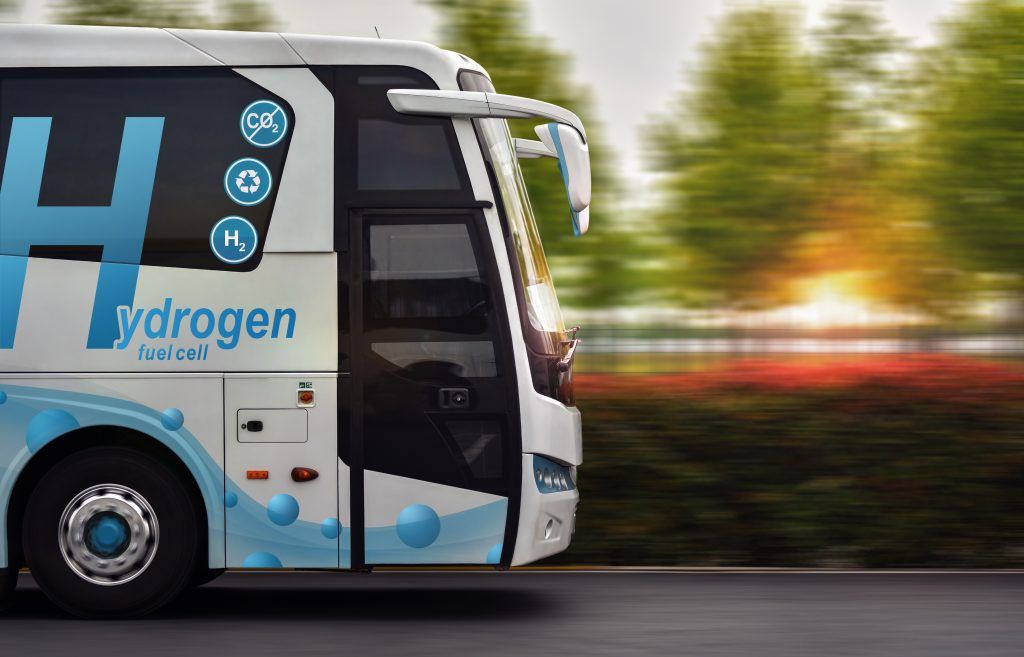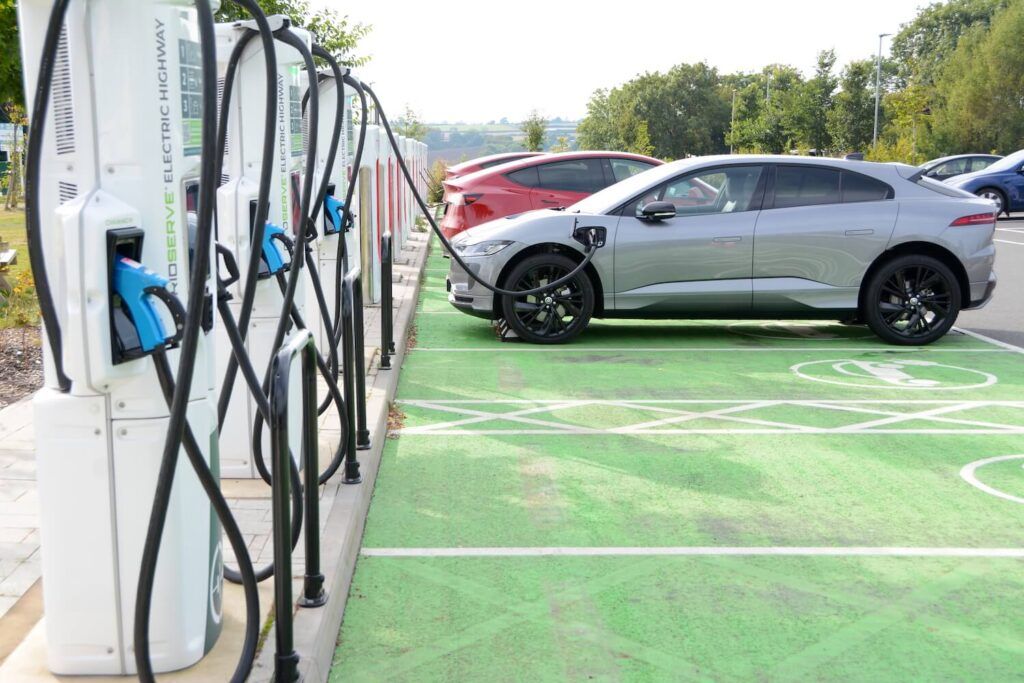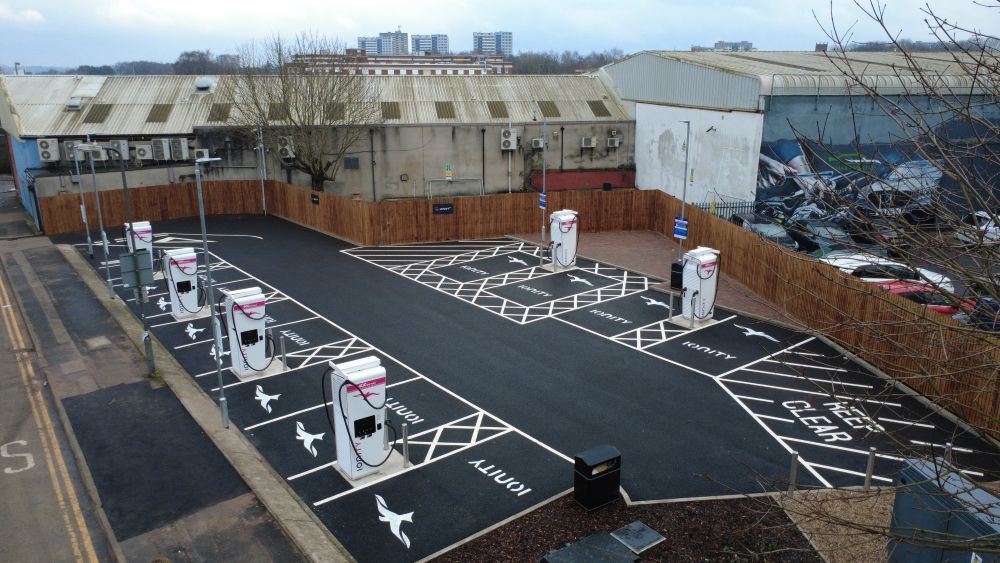Prime Minister Boris Johnson has revealed the government’s plans for the bus sector, including decarbonised fleets, simpler fares and new flexibility to services.
The Prime Minister’s 10-point plan sets out how we will accelerate the transition to greener and more sustainable transport, including the delivery of 4,000 new British-built electric or hydrogen buses, transition cities and regions across England to emission-free buses, and end the sale of new diesel buses with a consultation launched on the proposals.
Also announced in the strategy are changes to bus fares includes daily price caps to avoid over-expenditure for those who use buses frequently daily, more services in the evenings and weekends, and integrated services and ticketing across all transport modes, as well as ensuring buses take contactless payments. Additionally there will be new bus lanes installed to ease congestion.
The new £3 billion bus strategy will see passengers across England access more reliable, easier to use, coordinated and cheaper bus services, the government claims.
The government said it expected local authorities and operators to worki together to deliver bus services that are so frequent that passengers can just ‘turn up and go’ – without traditional timetables, and having the confidence they won’t wait more than a few minutes for a service.
Prime Minister Boris Johnson said: “Buses are lifelines and liberators, connecting people to jobs they couldn’t otherwise take, driving pensioners and young people to see their friends, sustaining town centres and protecting the environment. As we build back from the pandemic, better buses will be one of our first acts of levelling up.
“Just as they did in London, our reforms will make buses the transport of choice, reducing the number of car journeys and improving quality of life for millions.”
Because of the decline in use caused by the pandemic, bus operators have already received significant emergency support from the government. From this summer, only services under these arrangements will be eligible for continued support or any new sources of funding from the £3 billion transformational investment. The government will also consult later this year on reforming the Bus Service Operators Grant – the current main stream of government bus funding – to achieve the same objectives.
Transport Secretary Grant Shapps said: “Buses are this country’s favourite way of getting around. They help us get to school, to the GP, or to the shops – but services across England are patchy, and it’s frankly not good enough.
The quality of bus service you receive shouldn’t be dependent on where you live. Everyone deserves to have access to cheap, reliable and quick bus journeys.
The strategy we’re unveiling today will completely overhaul services, ensuring we build back better from the pandemic. Key to it is the new deal it offers to councils – we will provide unprecedented funding, but we need councils to work closely with operators, and the government, to develop the services of the future.”
Andy Street, Mayor of the West Midlands, said: “Buses are the backbone of public transport in the West Midlands, carrying more than 250 million people every year.
Today’s strategy is therefore very welcome, and will enable big city regions such as ours to ensure buses remain at the heart of our future transport plans.
Residents here want clean, decarbonised buses that are affordable and continue to remain reliable and punctual, and that’s what the new strategy laid out today will deliver.”
Anthony Smith, chief executive of independent watchdog Transport Focus, said:
“For bus passengers, today’s announcement of more frequent buses and simpler fares will be welcome news. For many, buses are a lifeline to employment, education, medical appointments and leisure, and are essential to the economy. We know that the key priorities for those considering using the bus are more services running more reliably, providing better value.
“Since the pandemic, safety and cleanliness have become ever more important. We will work with bus operators and other partners to make sure passengers’ needs are at the heart of new arrangements.”
It also sets out ambitions to provide greater access to bus services for all, with plans revealed to require ‘next stop’ announcements on board buses throughout Great Britain, helping disabled passengers and others to travel with confidence. The government will also launch a consultation on new regulations to improve access on board buses for wheelchair users.
London-style services aren’t appropriate for all rural and suburban areas, which is why the Department for Transport is today also announcing the recipients of the £20 million from the government’s rural mobility fund, which enables on-demand services – such as minibuses booked via an app – to be trialled in areas where a traditional bus service isn’t appropriate.











